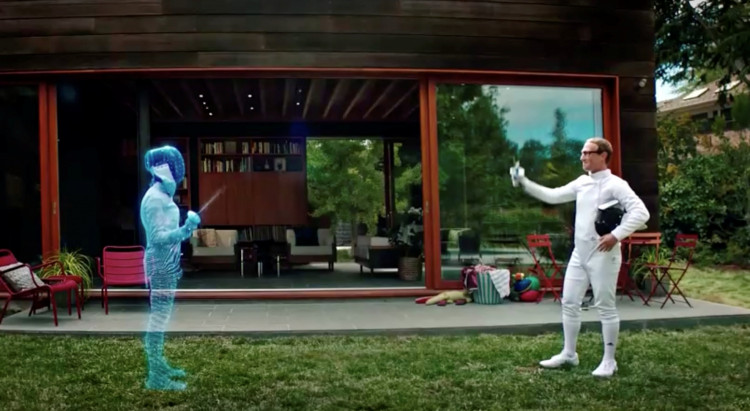Meta, formerly Facebook, announced that it is working on a new high-end virtual reality headset under a division called "Project Cambria." The new product will be used for the company's metaverse, a virtual world it is also developing.
Meta CEO Mark Zuckerberg teased the company's new product at its Facebook Connect conference on Thursday. The executive showed promotional photos and videos of the product, which he said will be released sometime next year.
The VR headset is planned to be an all-in-one standalone hardware that will be a ramped-up version of the Oculus Quest headsets. The company said the high-end product will be packed with all of the newest advanced technology, such as increased social presence, color Passthrough, pancake optics, and more.
Project Cambria will be a high-end device sold at a premium price range, likely much higher than the Oculus Quest headsets, which currently cost around $299.
Meta said Cambria will include features that are presently unavailable on other VR headsets. This includes technologies that will allow a user's virtual avatar to keep eye contact and replicate facial emotions via integrated sensors.
Leaked Facebook MR Headset Confirmed as Project Cambria, a "High-end" Device Coming Next Year https://t.co/FjZIDehfiF pic.twitter.com/kHKpQjOGiV — Road to VR (@RtoVR) October 28, 2021
The company said these technologies will help individuals engaged in the virtual world better understand how people are feeling. Mixed-reality experiences will be another emphasis of the headgear. Cambria will also be able to portray things in the physical world with a feeling of depth and perspective using sensors and advanced reconstruction techniques.
Cambria will also have new optics that Meta said will improve visual quality. The company said it will be released more information about the VR headset next year. Meanwhile, third-party developers are already creating experiences for the headset.
At the Facebook Connect event, Zuckerberg officially announced the company's new name, Meta. The announcements were made alongside an emphasis that Facebook is now a metaverse company instead of a social media company.
Meta said its metaverse would eventually succeed social media as the future iteration of the internet. Zuckerberg said he envisioned the company's metaverse as a social, 3D virtual place where people may have immersive experiences with each other even if they can't be together in person - and accomplish things together that they couldn't do in the real world.






